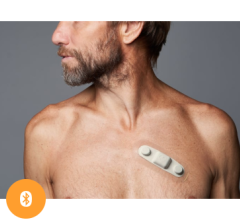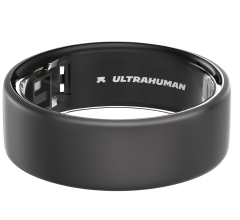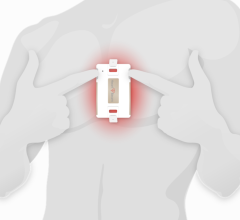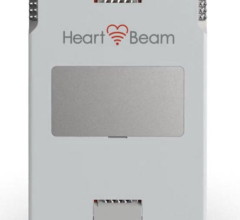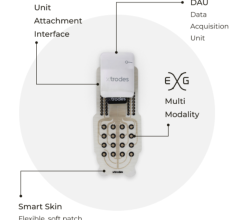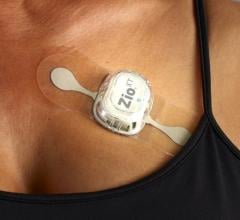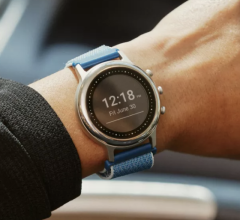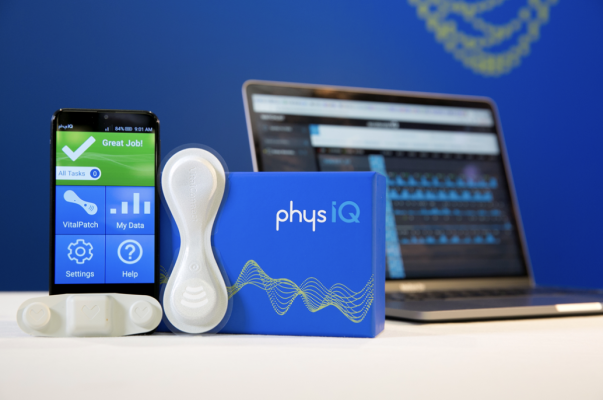
December 15, 2022 — physIQ announced a novel approach to estimating maximum oxygen utilization (VO2Max) using wearable biosensors and deep neural network technology. This innovative biomarker, eVO2Max, can be generated using 24 hours of continuous vital signs and activity data captured during routine daily activities. This enables remote assessment at higher frequency and convenience than by in-clinic tests of cardiopulmonary functional capacity, such as the gold standard, cardiopulmonary exercise test (CPET), and the less accurate surrogate six-minute walk test (6MWT).
The accurate determination of cardiopulmonary functional capacity can provide crucial insight during pharmaceutical trials into the effectiveness of therapies targeting preservation or enhancement of cardiopulmonary function and quality of life for patients. In medical practice, it also has the potential to innovate remote monitoring and care of patients with chronic cardiopulmonary disease, by providing visibility into patient status and identifying early signs of decompensation. physIQ developed eVO2Max to meet the need for accurate and objective functional testing in a rising geriatric population amidst increasingly prevalent cardiopulmonary diseases.
Unlike CPET and 6MWT, which typically require in-clinic visits and extensive patient activity in a sophisticated clinical environment, physIQ’s eVO2Max is performed in the patient’s routine, real-world home environment and requires no special activity protocol. The patient simply wears a small biosensor for several days and physIQ uses the wirelessly transmitted data to derive a daily VO2Max estimate for clinician remote monitoring.
A variety of algorithmic estimators of VO2Max have been released in the consumer fitness marketplace, but these target health-conscious consumers rather than medical patient populations, and typically require performing an interval of intense exercise. Moreover, such estimators have not demonstrated sufficient accuracy for clinical use.
Importantly, physIQ’s eVO2Max has shown a very high correlation (r= 0.91) to CPET-measured VO2Max across a wide range of health statuses and age strata, including patients with compromised health. It uses proprietary deep neural network architecture with millions of hours of data from the company’s proprietary data trove to recognize the key features that capture cardiopulmonary performance during routine daily activities. The development and validation of eVO2Max was recently presented by physIQ Senior Data Scientist, Dylan Richards, in an invited oral abstract during the 2022 American Heart Association’s Scientific Sessions.
“Digital biomarkers from wearable sensors show great promise for serving up huge amounts of rich data to better understand how patients are doing in their real world lives,” said physIQ Chief Digital Health Officer Matt Pipke. “eVO2Max is an example of how rich data can update our health measurement toolset from data-sparse practices like the six-minute walk test to continuous, intelligent and easy-to-use evaluations with higher accuracy.”
For more information: https://www.physiq.com/

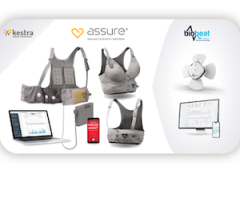
 January 14, 2026
January 14, 2026 


